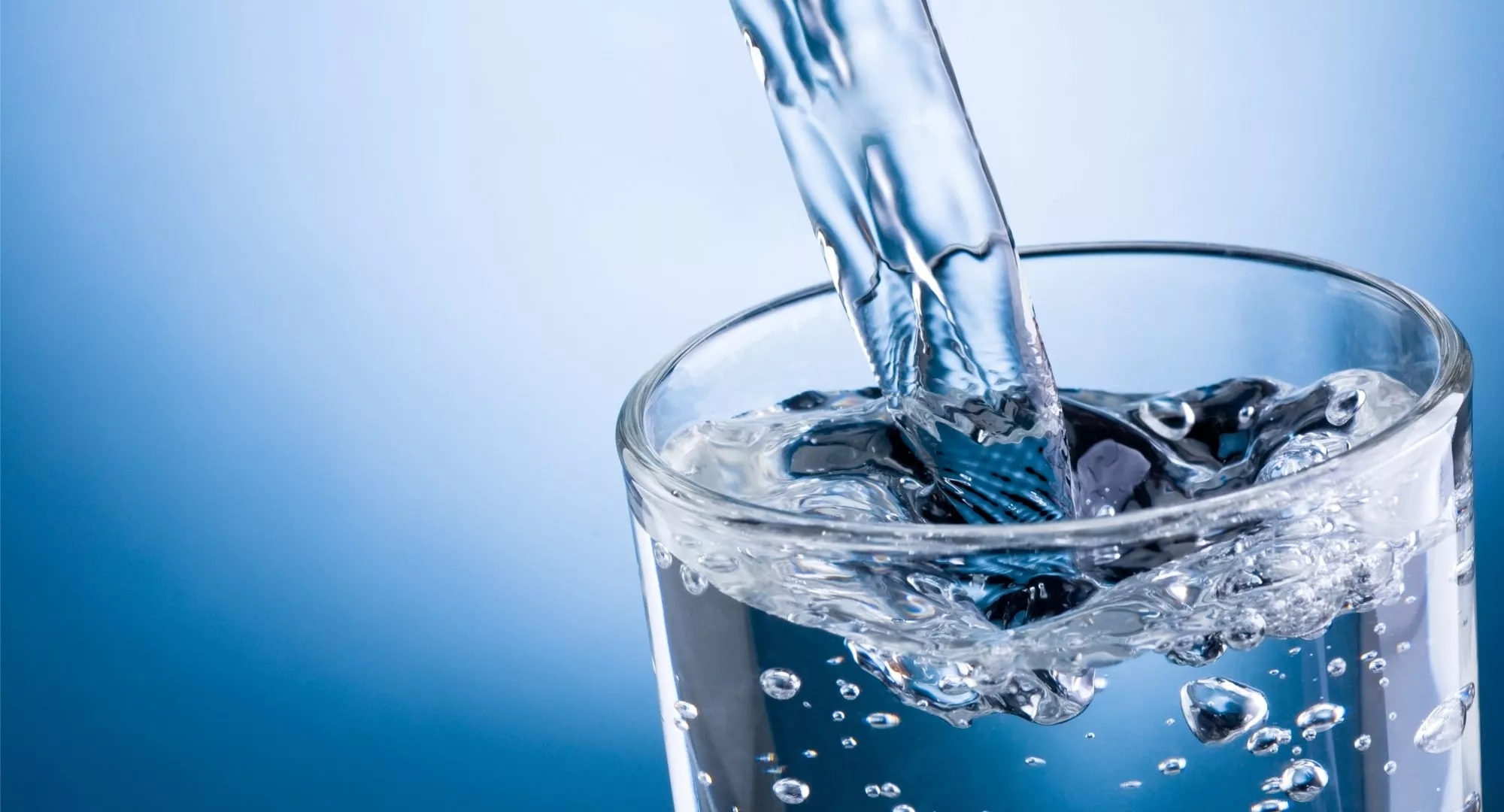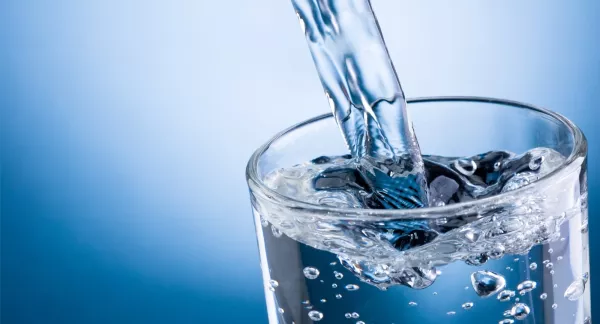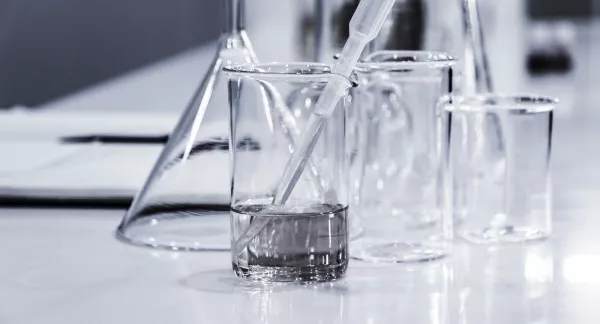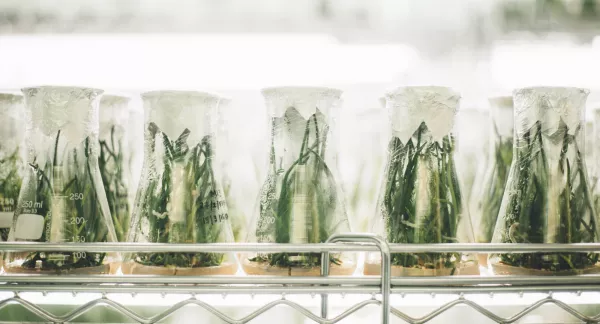
Leaching from Aquifer Soils During Infiltration of Reclaimed Waters of Low Ionic Strengths
Abstract
Reclaimed water recharged into aquifers represents a significant source of potable water. Among the high-priority research initiatives surrounding this source of water is the association of metals of public health concern with soil particles during aquifer transportation and storage. These metals are influenced by the aqueous milieu, including ionic strength, pH, and redox potential of the surrounding groundwater. Observations from aquifer storage and recovery (ASR) sites have indicated the potential for metal mobilization in response to shifts in introduced water chemistry. Introduction of reclaimed water with TDS levels significantly lower than those in groundwater may significantly disturb chemical equilibria, possibly resulting in dissociation of some of these metals and subsequent mobilization into the groundwater. Depending on the kinetics of desorption, leached metals may produce regions of unacceptable water quality. The project evaluates the potential for release of metals of public health concern from surface infiltration operations when reclaimed water of low total dissolved solids (TDS) is used.
Originally funded as WERF project Reuse-06-05.



